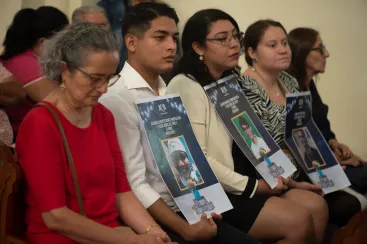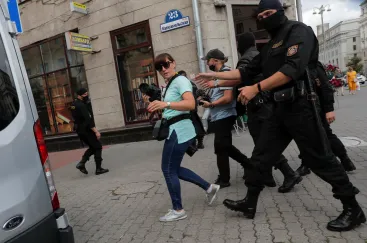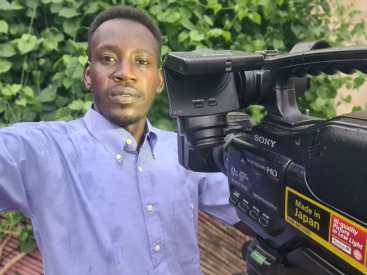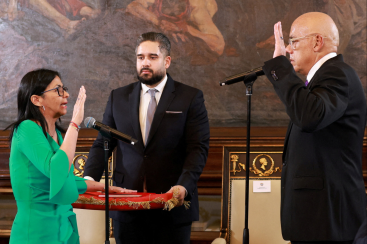
A year after Mzia Amaglobeli’s arrest, press freedom groups demand her release
Authorities’ decision to prosecute her on the major criminal charge of attacking a police officer has been widely denounced as politically motivated, and comes amid a sharp authoritarian turn and press freedom crackdown by the ruling Georgian Dream party.
Press freedom is your freedom.
The Committee to Protect Journalists is an independent, nonprofit organization that promotes press freedom worldwide. We defend the right of journalists to report the news safely and without fear of reprisal.
CPJ’s researchers document attacks on journalists and media workers throughout the year, providing a rigorous and trusted source of information on the state of press freedom worldwide. Explore our data.
What we do

Advocacy
CPJ denounces press freedom violations and engages with governments, multilateral institutions and other coalitions to defend journalists under attack.

Awareness
CPJ’s researchers rigorously document attacks on the press, helping journalists enduring those attacks to remain in the public eye.

Assistance
CPJ supports journalists through timely safety information and emergency assistance, covering an array of physical, digital, and legal issues.



